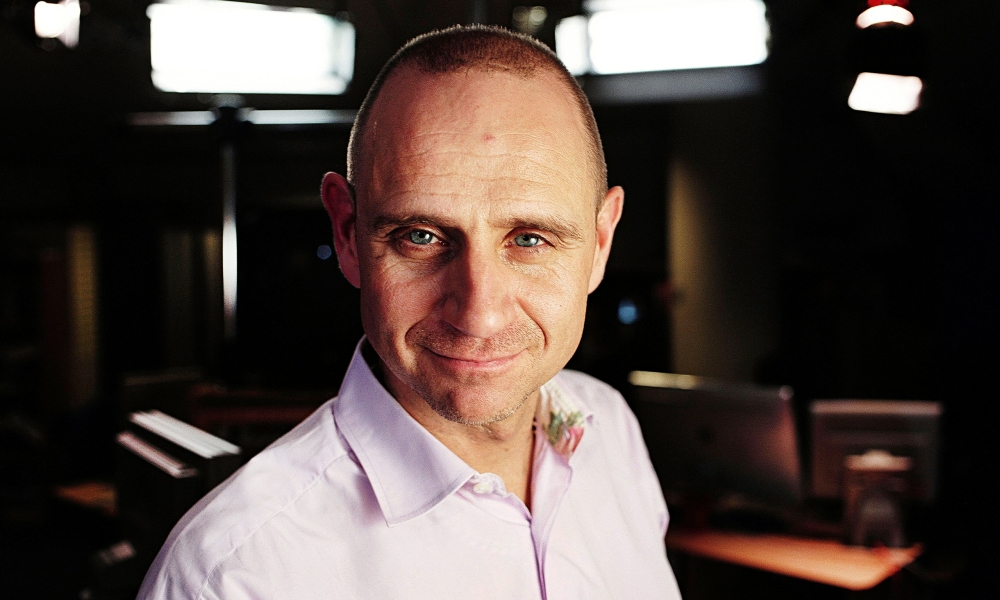What makes a new innovation disruptive?
11 Nov 2015

Rapid changes in technology spur innovation, and businesses emerge that create new marketplaces, disrupting the old ones.
At the Annual Conference of The CBI– the trade association for British business – Dragons Den presenter Evan Davis chaired a debate into what makes a business a disruptor, how the old guard are adapting, and whether all this ‘disruption’ is good for the consumer.
Uber and Airbnb were present, both businesses have caused a stir in the taxi and hotel markets respectively. The ideas behind them are not anything especially new, Evan Davis explained, so what is it that has made them so successful? Jo Bertram, regional manager UKI & Nordics at Uber, said it was because the technology they use was user friendly and absolutely seamless. Across many countries regulators it was easy for drivers to sign up with exactly the same app in each city. The user experience was always the same. Effective and efficient use of smart phone technology lay behind their success.
However, it has not been an easy journey. Old firms complain that they are held to a higher standard. For example, hotels have to comply with numerous regulations to ensure that buildings are safe and secure for guests and all this increases overhead costs. Whereas, Airbnb hosts do not have to jump through any of the same hoops, which brings down cost for the consumer. Evan Davis suggested this could be interpreted as an unfair competitive advantage. It is similar story for Uber, where Uber drivers do not have to complete the ‘knowledge’ test that black cabbies do. The test takes 2-3 years to complete.
Disruption in the marketplace is apparent but is all this change good for consumers?
Jo Bertram thought that increased competition could only be good for consumers. In a world of increased transparency and accountability firms had to adapt, and Uber has risen to the challenge. They offer their customers a hassle free experience: no payment by cash; GPS pick up; allowing you to review your journey and maintain in contact with drivers. She thought handing control to the customer and making the app as easy to use as possible was the USP of Uber and key to its phenomenal rise.
Evan empathised with the gripes of the disrupted marketplaces, like the black taxi drivers who feel they are losing business to a business with less regulatory constraints. But ultimately the consumer is king.
Disruption is not good in and of itself but when combined with a great business idea that makes life easier for consumers it should not be held back in order to protect old industries. Uber and Airbnb are demonstrable proof of the benefits to consumers from disruption to the market.

Please login to comment.
Comments